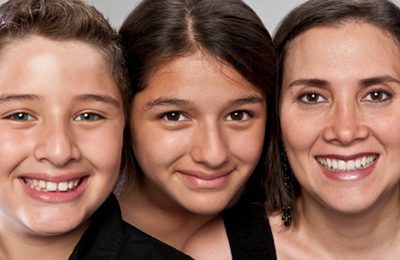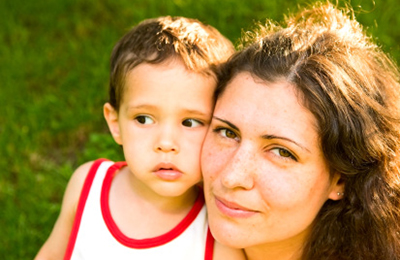The Life Course Perspective or Life Course Theory (LCT)
 The life course perspective or life course theory (LCT) is a multidisciplinary approach to understanding the mental, physical and social health of individuals, which incorporates both lifespan and life stage concepts that determine the health trajectory.
The life course perspective or life course theory (LCT) is a multidisciplinary approach to understanding the mental, physical and social health of individuals, which incorporates both lifespan and life stage concepts that determine the health trajectory.
The resources found on this webpage are intended to introduce and reinforce LCT. They have been designed and organized by an interdisciplinary work group of leadership training programs. The target audiences for these resources include students, trainees and faculty of training programs funded through the Health Resources and Services Administration's Maternal and Child Health Bureau (MCHB).
Suggested ways to use this site:
- Encourage students and trainees to test their knowledge by taking the Health Equity Quiz;
- Print out and discuss case studies (or develop your own using the suggested framework);
- Review the slide library for slides that might be useful in your next presentation;
- Require students and trainees to view the LCT webinars before the next class or seminar;
- Require those new to LCT to review the many resources available on this page;
Provide Your feedback! These resources have been designed to support greater incorporation of LCT into MCH training programs. Sections of this webpage will be updated on an ongoing basis. Please let us know if you find these resources helpful or if there are other materials that should be included. This is your resource library!











